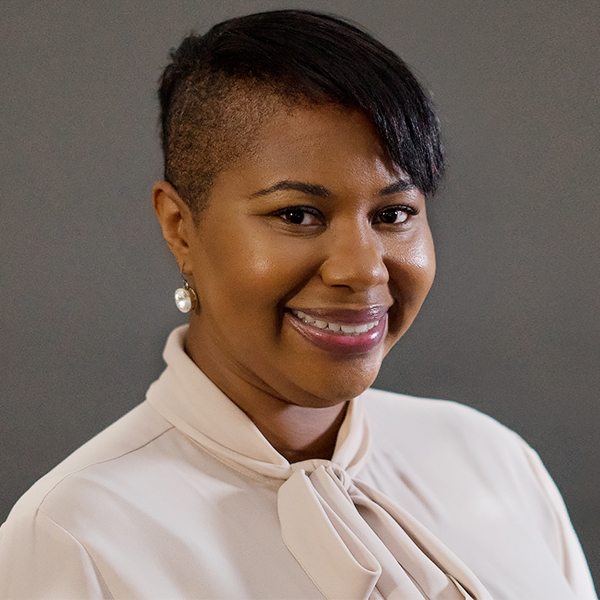
“I write for young girls of color, for girls who don’t even exist yet, so that there is something there for them when they arrive.”- Ntozake Shange, American playwright and poet
Perhaps understanding and documenting the health and wellness of Black girls always has been a lifelong pursuit of mine—subconscious, inherent, ingrained. It definitely has been an intentional and articulated research commitment of mine over the past eight or so years.
In the Introduction to the Special Issue of the journal Meridians: feminism, race, transnationalism on reimagining research on Black women’s health I say, “Typically if and when Black girls are remembered or considered in terms of health, it is within a “discourse of risk”—for example, childhood obesity, school bullying, “girl fighting,” substance use, teen pregnancy, and sexually transmitted infections.”
However, I refuse and refute these “at-risk” narratives. I have been fortunate to learn from and with Black girls—African-American, West Indian, Afro-Latinx, West African, and South African girls—who remind me that public health research can be joy- and hope-informed, not just trauma-informed.
These reminders help me to center qualitative and arts-based research methods in my investigations of the health of Black girls. How they/we survive and thrive is not only quantifiable or statistically significant. It is significant, but it is often uttered, sung, danced. It is a glance, a posture, a sigh, a whisper, a chant. These are our Black girl health behaviors and health outcomes.
My current project investigates police violence as a public health issue. In the wake of a local and nationwide epidemic of state-sanctioned violence disproportionately impacting people of color, queer communities, and differently abled populations, Black Girl Ontologies, Epistemologies, and Methodologies continue to inform my research path.
I look forward to continuing to disseminate my research findings and practice and policy recommendations at professional conferences, in peer-reviewed publications, through published and performed poetry, and through workshops and podcasts. Continuing to interrogate for whom I am conducting this research, how I am conducting this research, and why I am conducting this research is a commitment to these Black Feminist ways of being, knowing, and doing.

LeConté Dill, MPH, DrPH
Director of Public Health Practice
Clinical Associate Professor of Social and Behavioral Sciences